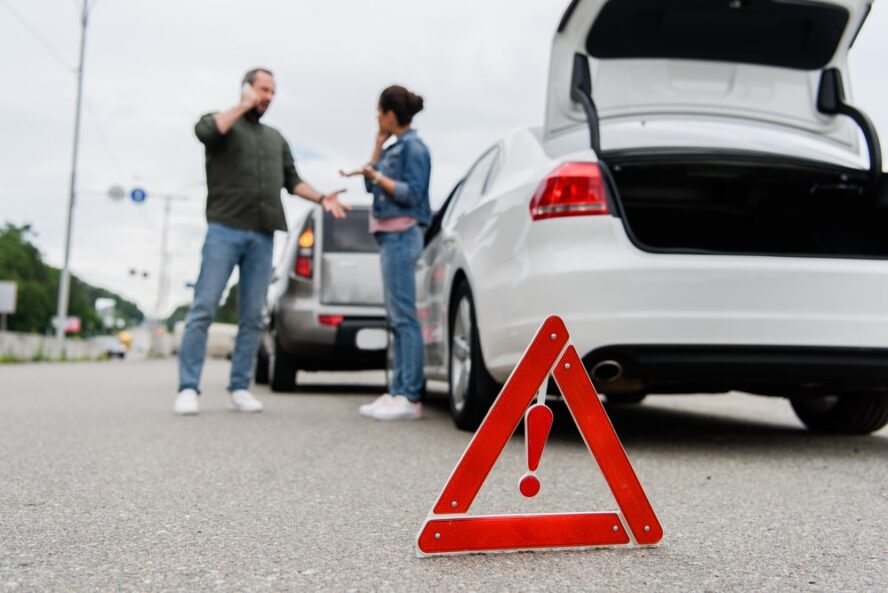Experiencing a car accident can be both traumatic and overwhelming. In the chaotic moments and days following the accident, it’s essential to have a clear understanding of the necessary steps to take. This guide is designed to provide you with a structured approach for navigating the aftermath of a car accident, helping to ensure that your rights are protected and you are adequately prepared to handle the ensuing challenges.
1. Immediate Response To The Accident
Your immediate response after an accident is crucial. Safety should be your first priority. Check for injuries and call emergency services if necessary. Even if the injuries seem minor, medical attention is important as some symptoms of serious injuries can be delayed.
After ensuring everyone’s safety, document the accident scene. Take photographs of the vehicles, any visible injuries, and the surrounding area. This documentation is invaluable for insurance claims and potential legal actions. Exchange information with the other driver, including names, contact information, and insurance details, but be cautious about discussing fault or making statements that could be interpreted as an admission of liability.
2. Police Report And Insurance Notification
Reporting the accident to the police is an essential step. A police report provides an official record of the incident, crucial if there are disputes about what happened. Additionally, notify your insurance company about the accident as soon as possible. Prompt notification is often required by your insurance policy and helps to start the claims process.
3. Seeking Legal Assistance
Understanding when and how to seek legal assistance is key. Your car accident lawyer can offer invaluable guidance, especially in complex cases involving significant damages or disputes about liability. The right legal team can provide the support you need to navigate this challenging time effectively.
4. Medical Attention And Documentation
Even if you feel fine after the accident, it’s important to seek medical attention. Some injuries, particularly those related to whiplash or concussions, might not manifest immediately. Keep a detailed record of all medical treatments, diagnoses, and expenses related to the accident. This information is crucial for insurance claims and potential compensation for damages.
5. Dealing With Insurance Companies
Navigating insurance claims can be complex and sometimes frustrating. It’s important to understand your policy, your rights, and the process of filing a claim. Be thorough in providing necessary documentation and evidence, but also be wary of quick settlement offers.
These may not fully cover your long-term costs or damages. A lawyer can help you understand the offer and negotiate if necessary.
6. Long-Term Considerations
Following a car accident, there may be long-term considerations to keep in mind, such as ongoing medical care, repairs or replacement of your vehicle, and dealing with any psychological impacts. Be proactive in addressing these issues and seek professional assistance when needed.
Contact A Lawyer Today
The aftermath of a car accident involves several critical steps, from ensuring immediate safety to dealing with legal and insurance processes. By following these guidelines and seeking appropriate professional assistance, you can navigate this challenging time with greater confidence and clarity, ensuring the best possible outcome for your situation.


